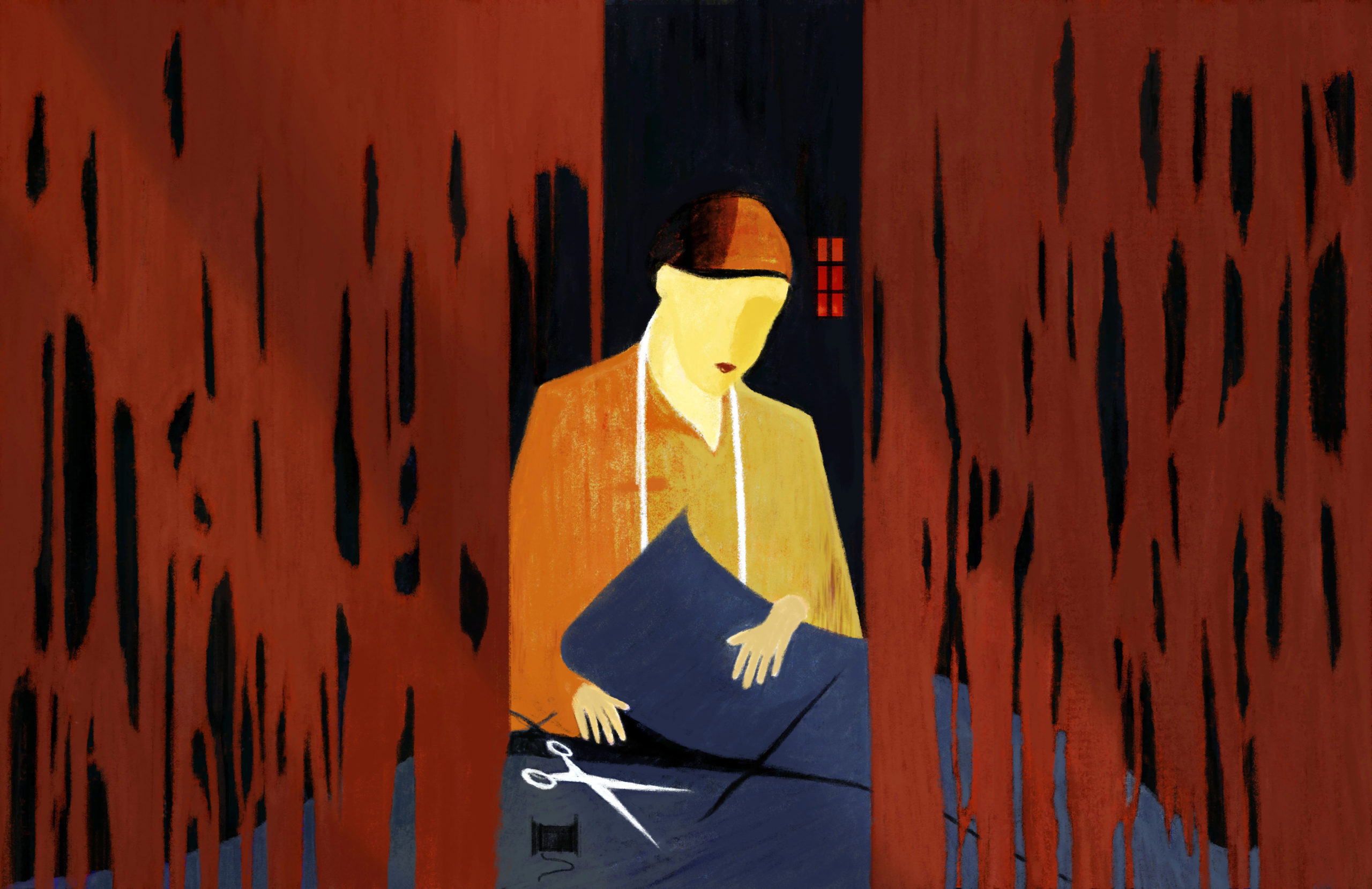For those continuing to battle Myanmar’s brutal regime, last week’s news that the military executed four pro-democracy activists dealt a devastating blow.
The executions, the first use of capital punishment in decades, were seen as the latest attempt to strike fear in a resistance movement that has doggedly fought the junta since it seized power last year.
Garment workers have consistently been on the front lines of this movement. The mostly female workforce stood front and center at anti-coup demonstrations, their defiant faces showing little sign of fear. Together they launched strikes, organized mass protests and fought for democracy.
The military reacted swiftly and brutally. Soldiers arrested, shot and killed union leaders and workers, roughly 90 percent of whom are women.
After months of labor rights violations, last November I reported on how garment factories were allegedly colluding with the military junta to oppress workers. Half a dozen workers and union representatives at two factories told me that senior management was providing security forces with the names of union leaders.
At the time, both factories had in recent months supplied Mango and Zara.
These allegations, along with a flood of labor and human rights abuses following the military takeover, have now been documented in a new report by the Business & Human Rights Resource Center (BHRRC), an international NGO that tracks the human rights impacts of companies.
The organization, in collaboration with partners on the ground, tracked more than 100 violations involving at least 60,800 garment workers. Wage theft, inhumane production targets and mandatory overtime, and attacks on freedom of association (where union leaders are targeted for unfair dismissal, for example) were most common. Other cases included killings, arbitrary arrests and harassment.
Women workers described being punched, kicked and referred to as “dogs.” In March 2022, a worker was raped on her way home at night after allegedly being forced to work late. The factory, which produces leather goods for Moschino and GUESS, refused to provide transportation, according to the BHRRC.
In response, Moschino said it “expects its suppliers to respect human rights and comply with international human rights and labor standards”. At the time of writing the report, GUESS had not responded.
The generic or lack of response by brands “speaks volumes” about their commitment to workers in their supply chain, says Alysha Khambay, a Senior Labor Rights Researcher at BHRRC and co-author of the report.
“Even when they’re given the opportunity to be transparent on these issues, they don’t take it.”
The workers are employed at 70 factories that supply, or have recently supplied, at least 32 global fashion brands and retailers including Adidas, Uniqlo-owner Fast Retailing, New Look, H&M, Lidl, Primark and Zara-owner Inditex.
The allegations in the report highlight the vast scale and scope of abuse in the 18 months since the military seized power, but this is likely just the tip of the iceberg.
Fashion retailers should undertake heightened due diligence in order to protect workers in their supply chains, says Khambay, and if they can’t, the only way forward is a responsible exit from the country.
“The evidence is clear. Brands must wake up to the harsh reality that decent working conditions do not exist in Myanmar.”



